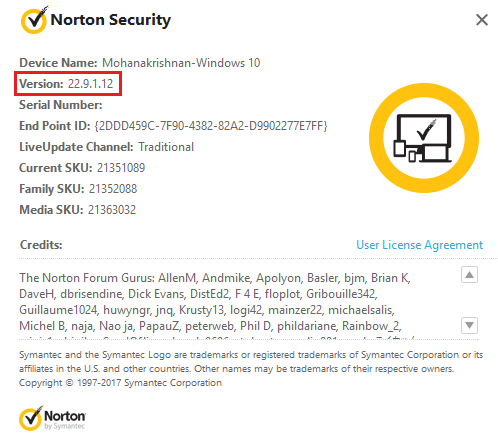Understanding Pet Allergies Symptoms: A Comprehensive Guide to Identifying and Managing Allergies in Your Home
#### Pet Allergies SymptomsPet allergies symptoms can vary widely among individuals, and understanding these symptoms is crucial for anyone who suspects the……
#### Pet Allergies Symptoms
Pet allergies symptoms can vary widely among individuals, and understanding these symptoms is crucial for anyone who suspects they may have an allergy to pets. The most common symptoms include sneezing, runny or stuffy nose, itchy or watery eyes, and coughing. Some individuals may also experience skin reactions, such as hives or eczema, particularly if they have direct contact with a pet. In more severe cases, pet allergies can trigger asthma attacks, leading to wheezing and difficulty breathing.
The underlying cause of pet allergies is typically related to proteins found in a pet's skin cells, urine, and saliva. When these proteins are inhaled or come into contact with the skin, they can provoke an immune response in sensitive individuals. It's important to note that animal fur itself is not an allergen; rather, it's the dander (tiny flakes of skin) that carries the proteins responsible for allergic reactions.
#### Common Symptoms of Pet Allergies
1. **Respiratory Issues**: Many people with pet allergies experience respiratory symptoms, including nasal congestion, sneezing, and a runny nose. These symptoms can be particularly bothersome during specific seasons or in environments where pets are present.
2. **Eye Irritation**: Allergic conjunctivitis is another common symptom, characterized by itchy, red, and watery eyes. This can be especially troublesome for those who spend time around pets or in homes where pets reside.

3. **Skin Reactions**: Direct contact with pets can lead to skin reactions like rashes, hives, or eczema. These symptoms can be uncomfortable and may require topical treatments or antihistamines for relief.
4. **Asthma Symptoms**: For individuals with asthma, exposure to pet allergens may exacerbate their condition. Symptoms can include shortness of breath, wheezing, and chest tightness. It's essential for asthmatics to manage their exposure to pet allergens to prevent severe attacks.
#### How to Manage Pet Allergies
Managing pet allergies involves a combination of strategies aimed at reducing exposure to allergens and alleviating symptoms. Here are some effective approaches:

1. **Limit Pet Access**: Designate certain areas of your home, such as bedrooms, as pet-free zones. This can significantly reduce allergen levels in the most frequently used spaces.
2. **Regular Cleaning**: Frequent cleaning can help minimize allergens. Vacuum carpets and upholstery with a HEPA filter, and wash pet bedding regularly. Mopping hard floors can also help remove dander and hair.
3. **Air Purifiers**: Consider using HEPA air purifiers in your home to filter out pet allergens from the air. This can be particularly beneficial in rooms where you spend a lot of time.
4. **Grooming**: Regular grooming of your pets can help reduce the amount of dander and hair they shed. Bathing pets frequently may also help lower allergen levels, but be sure to use pet-safe products.

5. **Consult a Professional**: If symptoms persist despite these measures, consulting with an allergist may be necessary. They can perform tests to confirm allergies and recommend appropriate treatments, such as antihistamines or allergy shots.
#### Conclusion
In conclusion, understanding pet allergies symptoms is essential for anyone living with pets or considering bringing a pet into their home. By recognizing the signs of allergies and implementing effective management strategies, individuals can enjoy the companionship of pets while minimizing allergic reactions. If you suspect you have a pet allergy, don't hesitate to seek professional advice to ensure a healthy and happy living environment for both you and your furry friends.